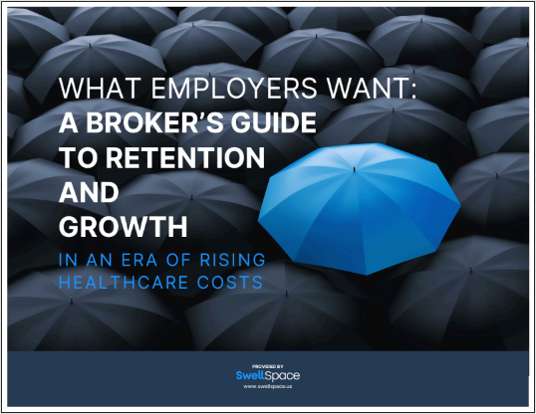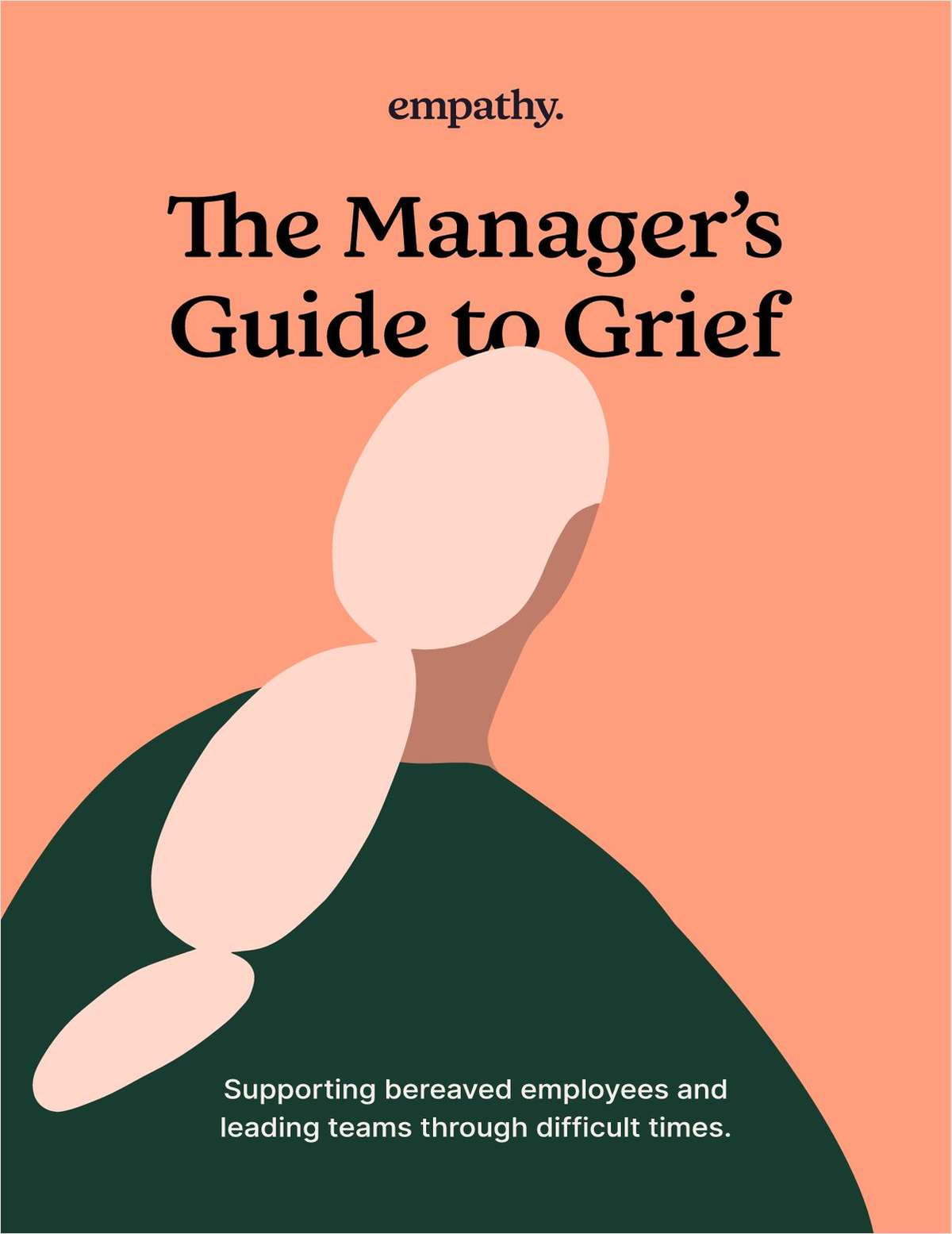MADISON, Wis. – Merit pay. Pay for performance. What are the best ways for credit unions to compensate employees? A new Filene study, "Financial Incentives to motivate credit union management and staff" takes a hard look at these issues and may fly in the face of what some CUs have done for years. Professor Edward Lawler with the University of Southern California, a renowned expert in the area of compensation, was a key contributor to the study. Filene Executive Director Bob Hoel was particularly interested in Lawler's take on merit pay. "I'm an old business guy and always thought that merit way was the way the universe should be organized. His point was that merit pay doesn't work well," said Hoel. The problem with merit pay, according to Lawler's research, is it doesn't do enough to compensate the very peak performers, and in trying to do so can diminish the raises of the solid but not top performers. Lawler offers the example of an employer instructing a supervisor managing a staff of 12 to be sure to reward top performers, without relying on across-the-board raises. The supervisor has a budget of 3%. "The supervisor confides to his staff that he's embarrassed at the 3% pool. There's no way he can reward performance with a 3% budget. Top management doesn't accept that approach, it merely sets the rules that others in the organization are expected to live with. To capture somebody's attention, rewards must be significant, and 3% does not meet that standard," writes Lawler in the study. He says that raises need to be in the 10 to 15% range to reward top performers. Lawler said of over 3,000 studies on merit pay systems, 2,900 of them had negative results. "That's because merit pay is an inflexible, limited vehicle that is very difficult to relate to performance, and is usually based on a fatally flawed performance management system." Lawler believes that while it's not the easiest compensation method to perfect, pay for performance is the way to go. "We recently did a study on corporate boards, our first opportunity to look at boards of Fortune 500 companies. We found that one of the keys to board effectiveness is whether they do a performance appraisal of their CEO," writes Lawler. About 70% of U.S. corporate boards do a formal appraisal of their CEO. Lawler says those companies that do CEO performance appraisals trigger a very predictable response from the CEO. He offered an example of that response: "If my future is on the line for results with the board, I better put some of that pressure on the organization and try to translate what I've agreed to with the board to assignments, responsibilities and accountabilities for the people who report to me." That mentality rolls down the organization, and suddenly it becomes the driving strategy from the top to at least the middle levels of the organization. "It also becomes something that is on the automatic to-do list of every manager," writes Lawler. Lawler believes the credit union CEO must be on board to have any organization-wide rewards program work. Interestingly, the study also brought out what other work components employees may value and lead to them staying long term. "For people doing highly creative things, flexible vacation, educational opportunities and the latest in computer technology for their worksations are more likely to motivate these people," said Hoel. Credit unions are financials, but do have a good deal of creative forces, including those working on marketing or online designs and promotions. These employees may welcome flex vacation so they can spend more time with their families, rather than a few extra percentage points on their raises. The best way to keep employees happy long-term may be more up to the employees' ability to find their passion, than the organization's compensation methods. The study highlighted the importance of employees truly liking or believing in what they do to promote long-term workplace happiness. "Anxiety and psychosomatic symptoms are reduced when workers are intrinsically motivated. When people are genuinely engaged and involved in their activities, we find them to be healthier and better adjusted," wrote study contributor Edward Deci, a professor of psychology with the University of Rochester. Deci, in a finding that Hoel said some many find odd, believes that people who are intrinsically motivated, typically creative people, may judge too many extrinsic rewards such as pay increases, as ways to control them, and they may become turned off from the job. Deci said that it's up to the organization to get a feel for how different employees react to different types of rewards. Some may value money, while others may value being given more freedom on the job. "This created quite a discussion. Just incentive paying employees can actually dampen some employees' enthusiasm for their job," said Hoel. Hoel said Filene will release another report by the end of the year that looks at the compensation methods of three large CUs – Boeing Employees CU, American Airlines FCU, and Public Service CU. Two of these use incentive programs for the senior management teams, and the other where nearly the entire staff is part of the incentive program. [email protected]
Continue Reading for Free
Register and gain access to:
- Breaking benefits news and analysis, on-site and via our newsletters and custom alerts
- Educational webcasts, white papers, and ebooks from industry thought leaders
- Critical converage of the property casualty insurance and financial advisory markets on our other ALM sites, PropertyCasualty360 and ThinkAdvisor
Already have an account? Sign In Now
© 2024 ALM Global, LLC, All Rights Reserved. Request academic re-use from www.copyright.com. All other uses, submit a request to [email protected]. For more information visit Asset & Logo Licensing.








